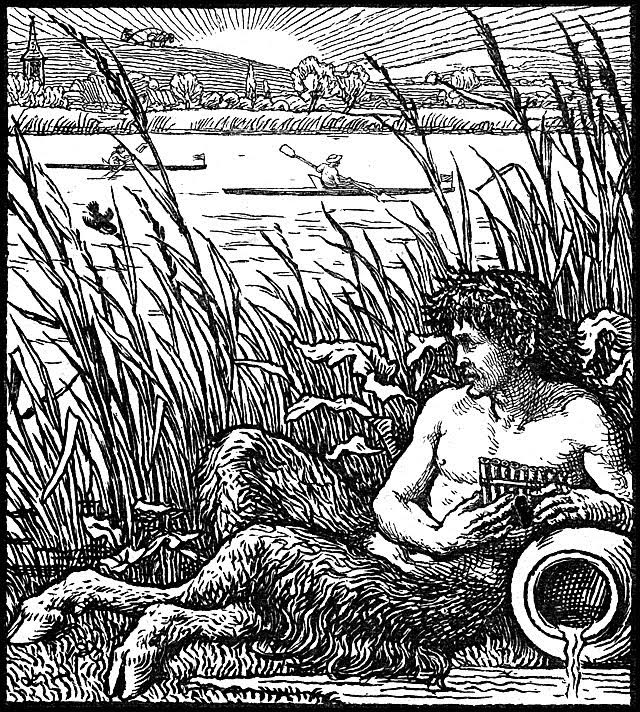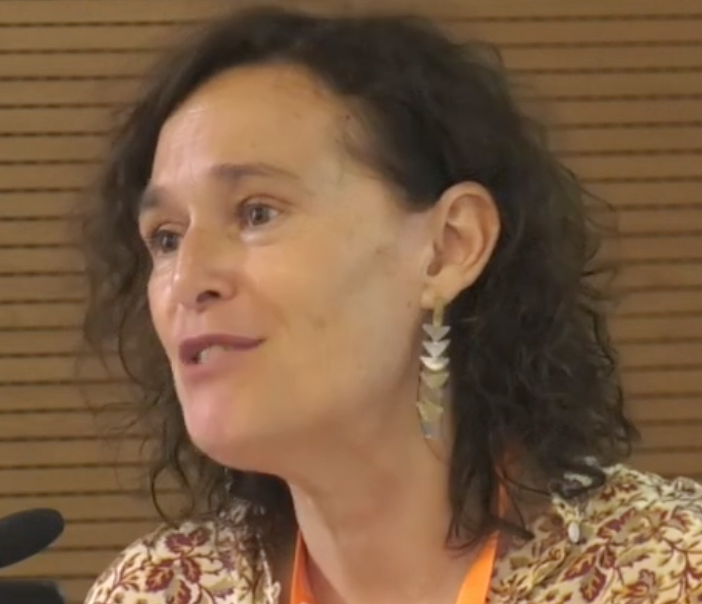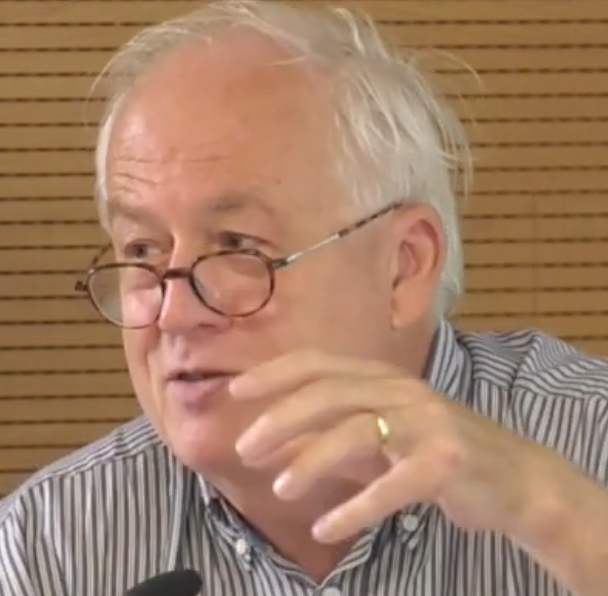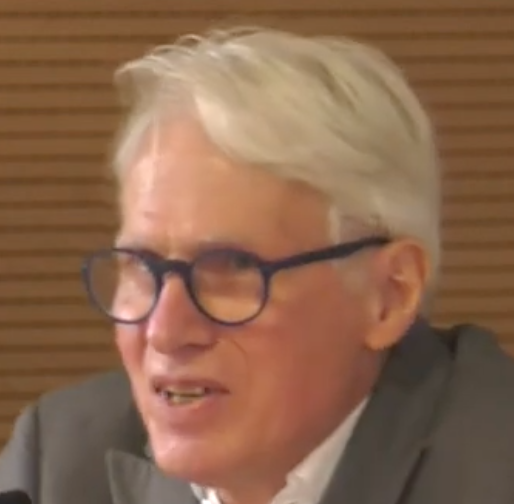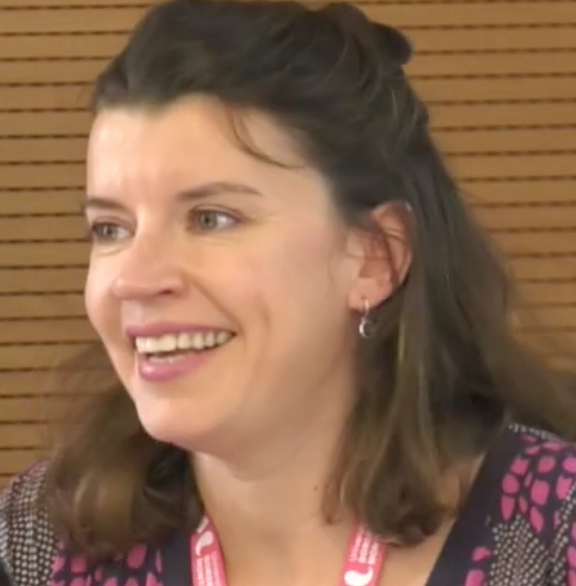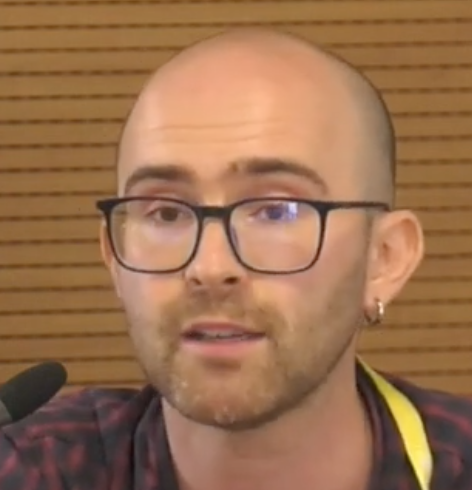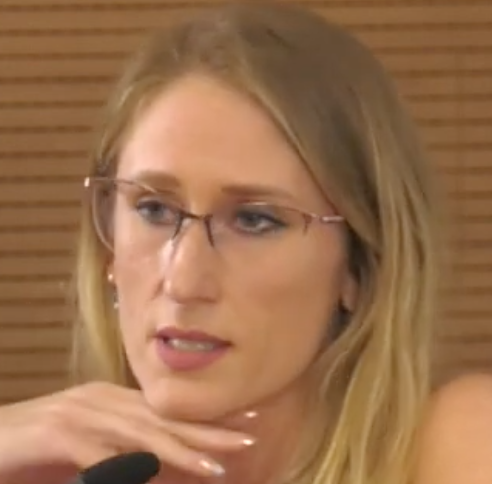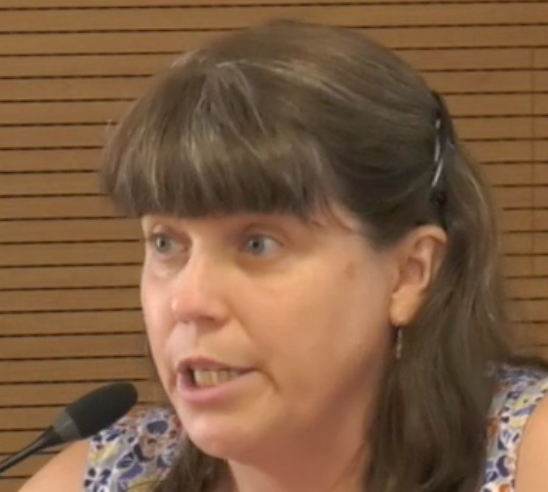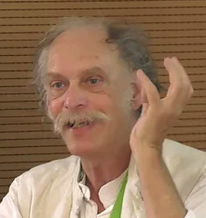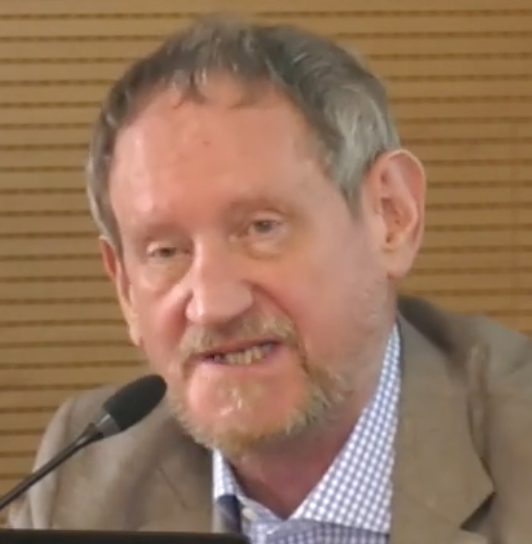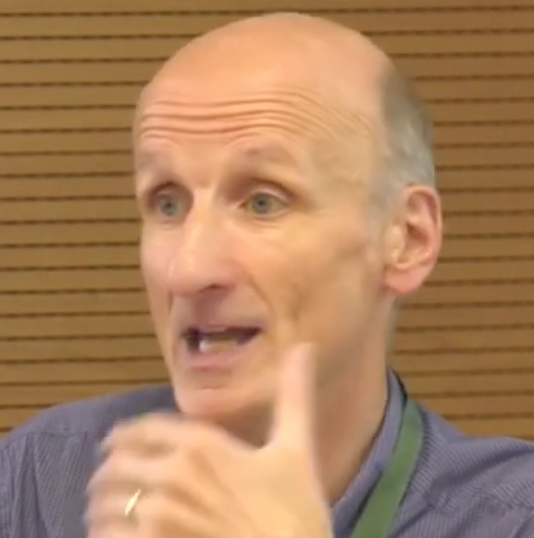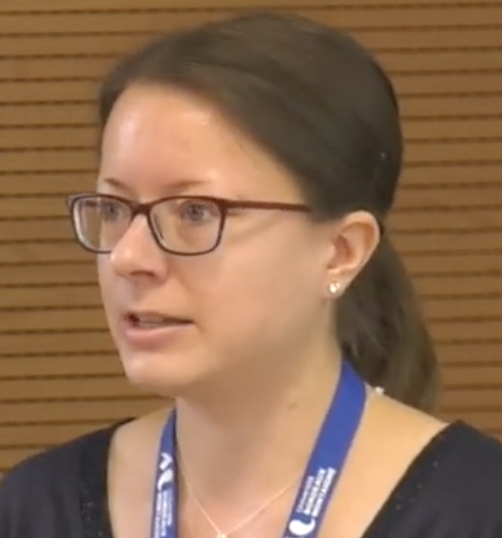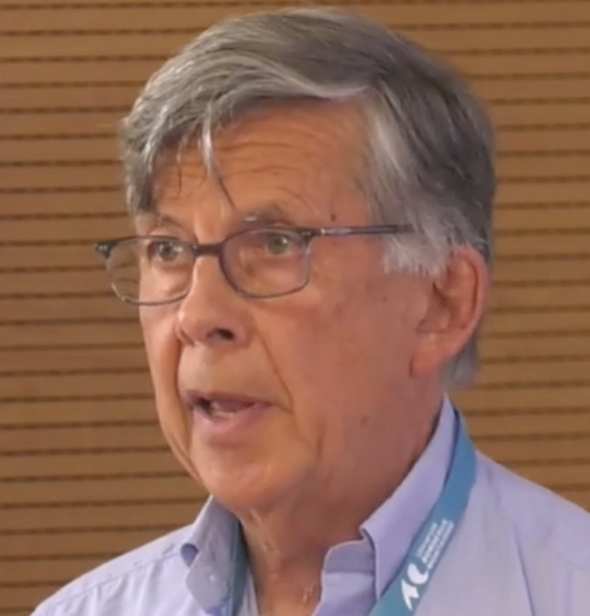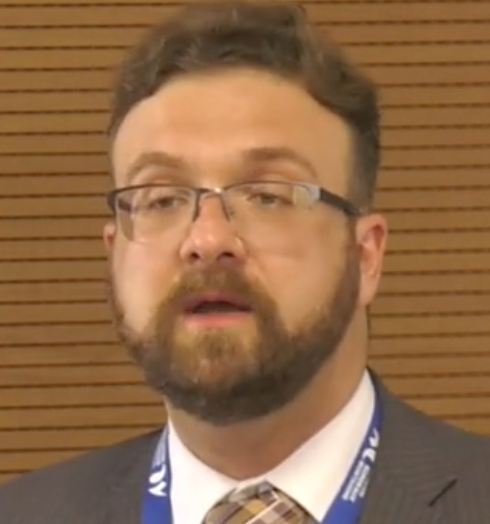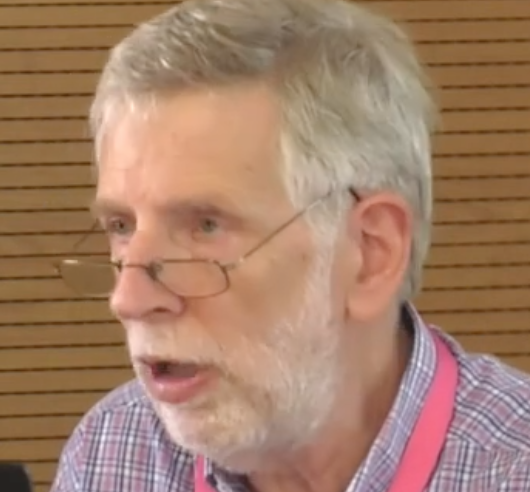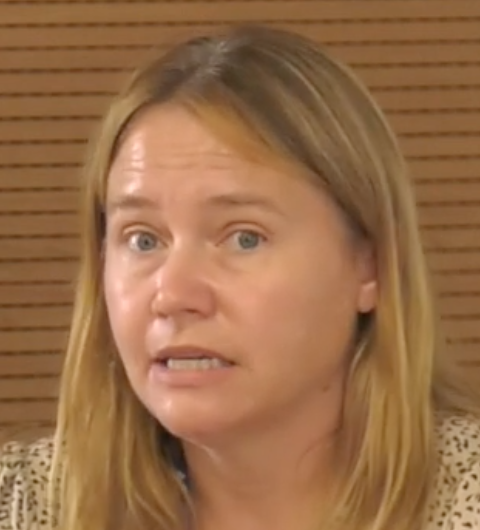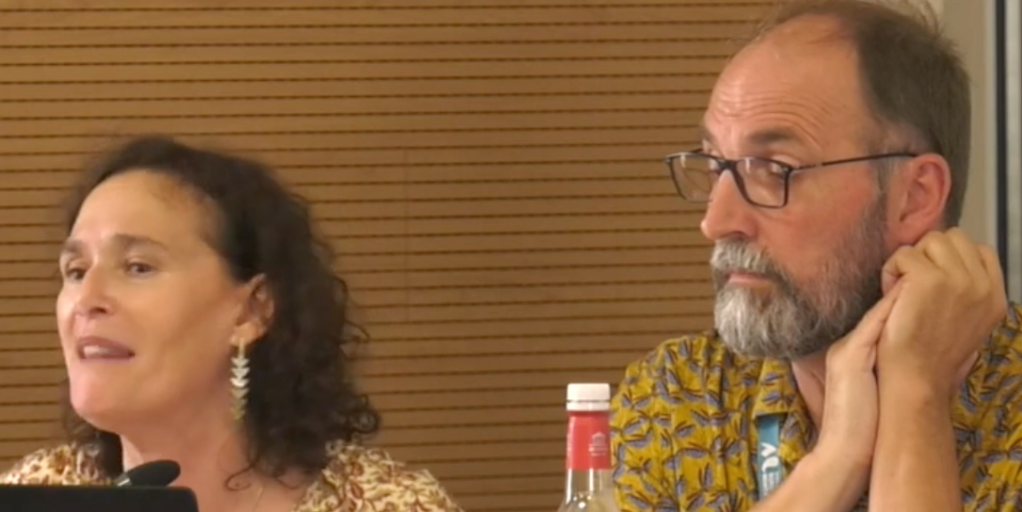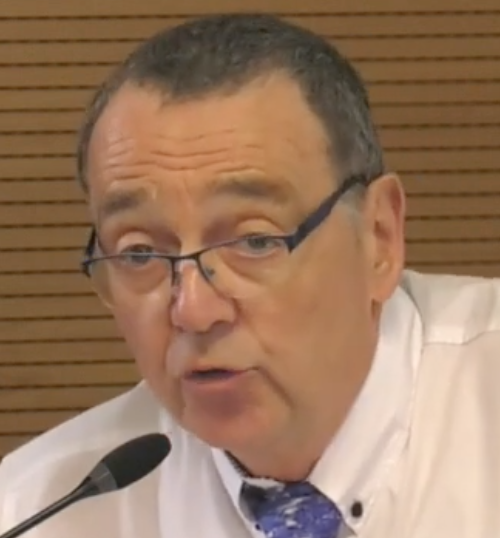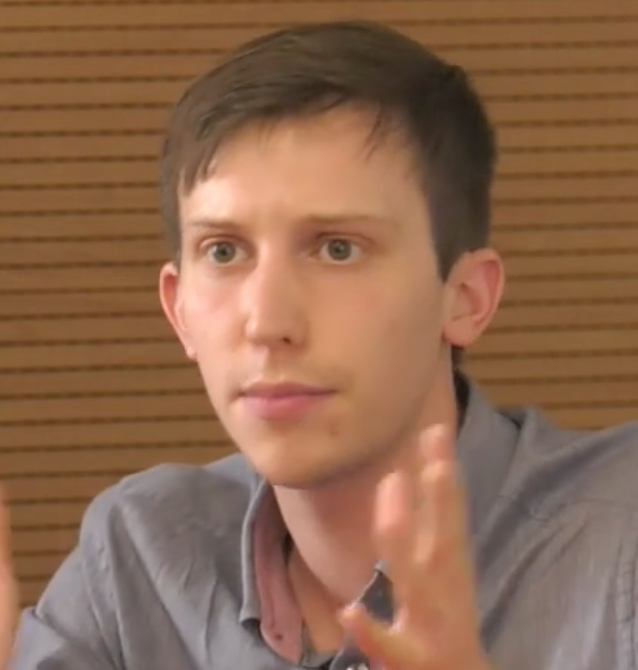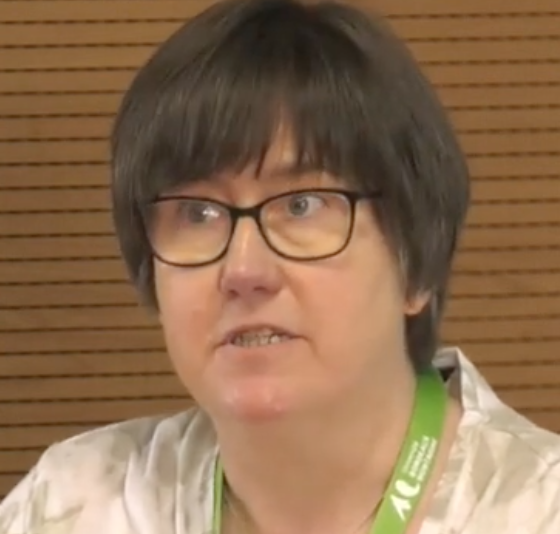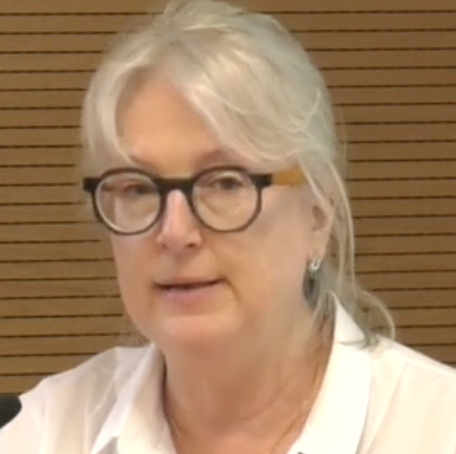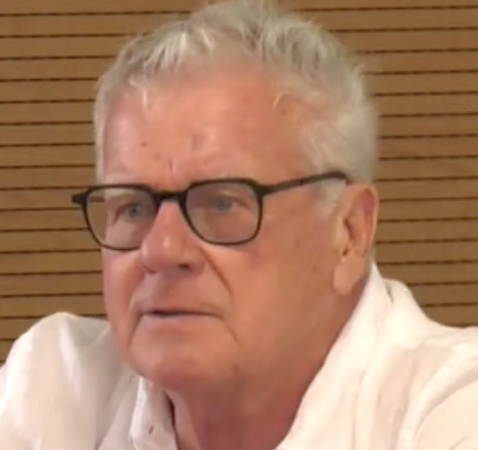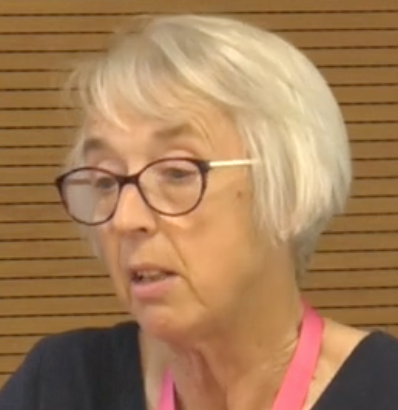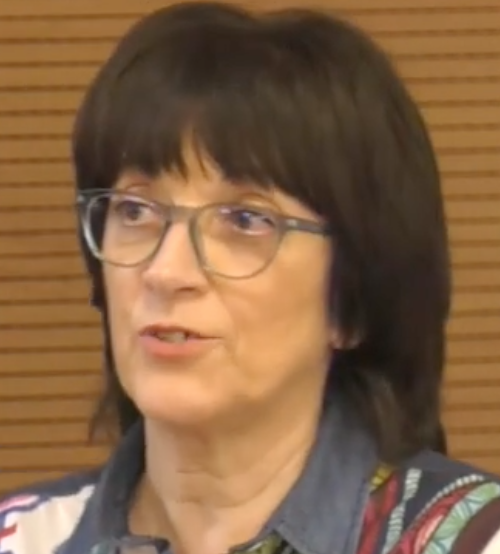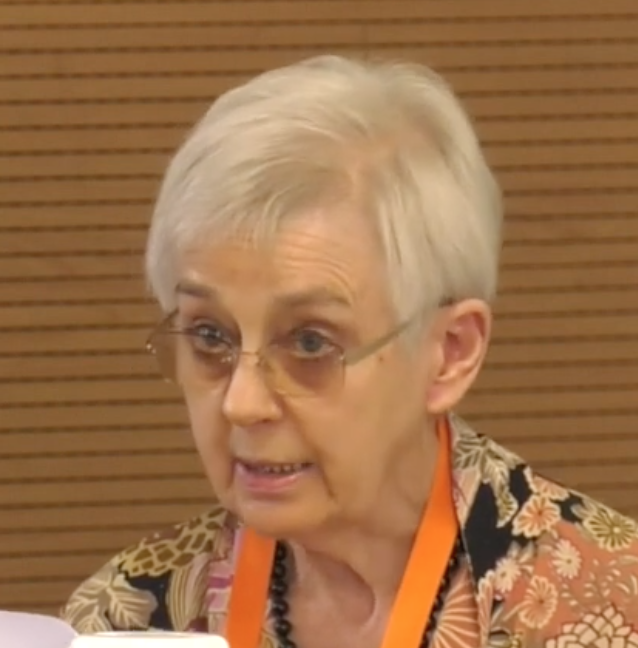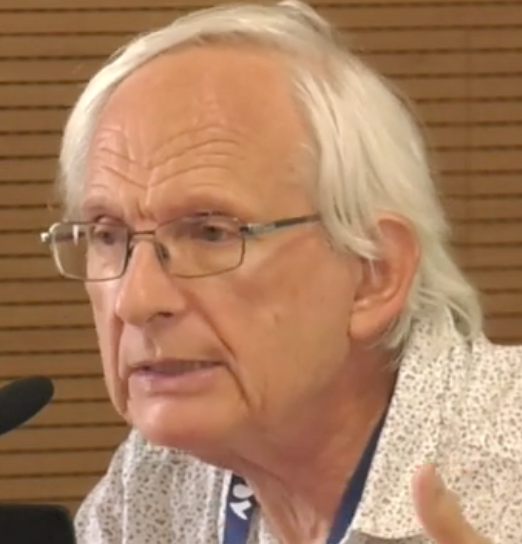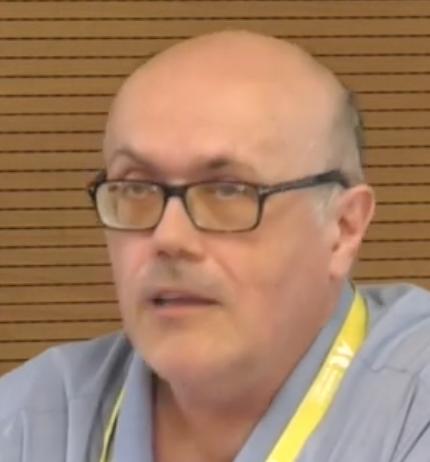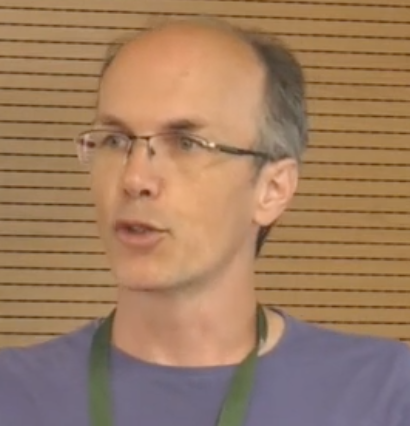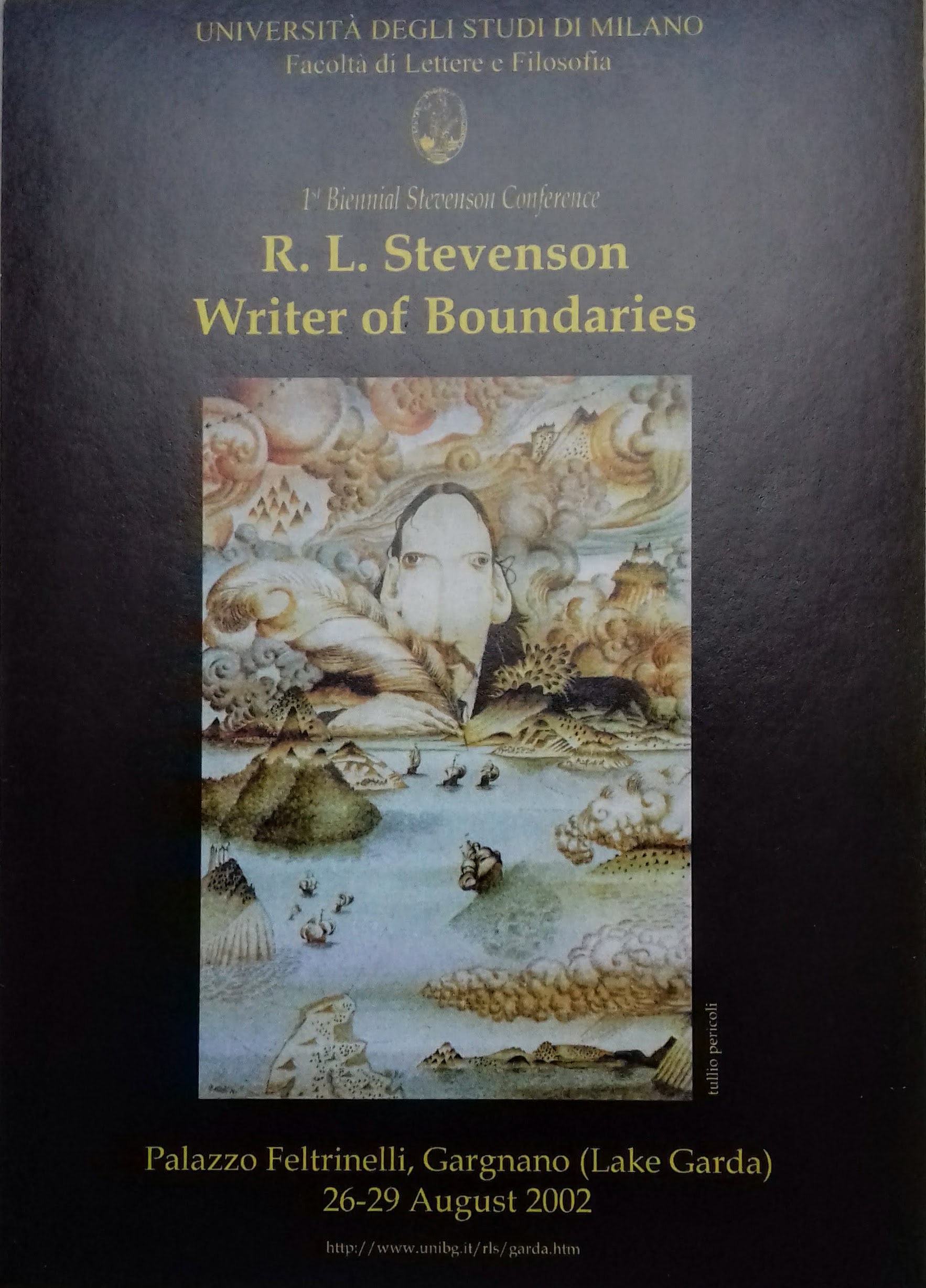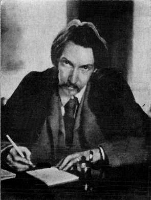Archive for the ‘Robert-Louis Abrahamson’ Category
Stevenson and Dante
A post contributed by Robert-Louis Abrahamson
In his 1878 essay ‘Pan’s Pipes’, Stevenson describes those who ‘hold back the hand from the rose because of the thorn, and from life because of death’ as ‘tooth-chattering ones’. The phrase ‘tooth-chattering’ posed a problem when compiling the notes for my edition of Virginibus Puerisque. Like so many other phrases in the essays, it seemed to be lifted or adapted perhaps from the Bible, or Shakespeare, or some French idiom, but I could find no sources. Richard Dury and I pondered this problem, and the best we could come up with was: ‘an invention of Stevenson’s based on the ancient “kindly ones” (that is, the Eumenides, or Furies)’.
Nearly five years after the edition of Virginibus Puerisque came out, I can supply what I think is a better note. In Canto 3 of Dante’s Inferno, the souls waiting to be transported across the Acheron quake when they hear Charon’s words of doom (‘I come to conduct you nelle tenebre eterne, in caldo e in gelo, into eternal darkness, into fire and ice’). These are the souls who have lost all the goodness life had offered them. Forlorn and naked, changing colour, Dante shows them as they dibattero i denti, they chattered with their teeth. These, of course, are the ‘tooth-chattering ones’. In his essay about one mythic story, Pan, Stevenson draws on another myth, Dante’s journey, and if we catch the infernal allusion, we see these ‘recreant[s] to Pan’ in a much darker light.
Twenty years ago today: RLS 2002, Gargnano
Twenty years ago today, on Sunday 25 August 2002, the Gargnano Stevenson conference began with registration from 5 to 7 p.m., followed, on the lakeside terrace, by the first aperitivo and and the first cena (pasta all’amatriciana and ‘àrista al forno’—roast pork—con salsa svizzera) in the gathering dusk of the long Gargnano twilight. It was a memorable moment, in a unique location and one of the events that contributed to the revival of academic interest in Stevenson, including the New Edinburgh Edition.
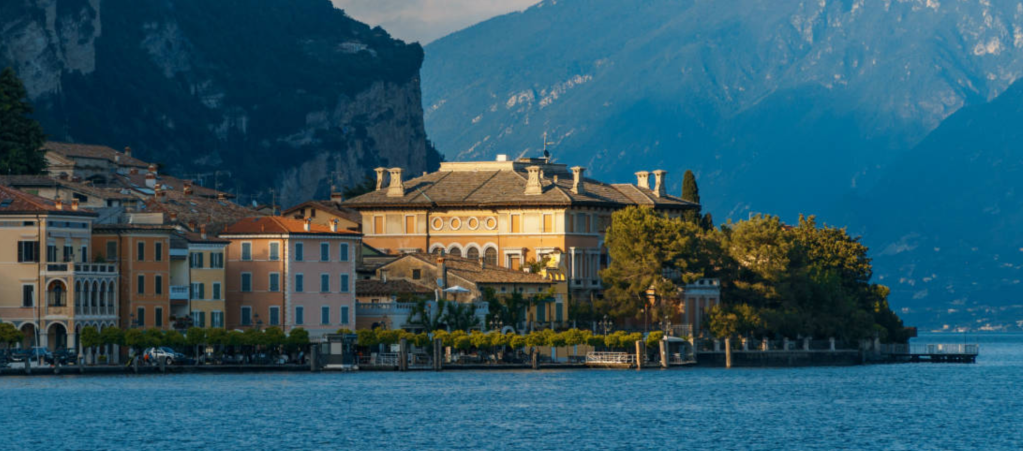
Stevenson, once the most famous and admired writer in English, from about 1918 was gradually excluded for serious consideration by Anglo-American critics. The situation continued for another seventy years: he was dismissed by F. R. Leavis and Raymond Williams and not even mentioned once in The Norton Anthology of English Literature from the first (1962) through to the seventh edition (2000).
Signs of a revival of interest started in the 1980s (with works by Roger Swearingen (1980), Paul Maixner (1981), Barry Menikoff (1984) and the influential collection of essays Dr Jekyll and Mr Hyde After One Hundred Years (1988) edited by Veeder & Hirsch). In the same decade Penguin Classics and Oxford Oxford World Classics paperbacks made a number of Stevenson’s works (including the South Seas tales) easily available for the first time in decades.
With the centenary year of 1994 came exhibitions and biographies and the eight volumes of the Yale Letters (edited by B. A. Booth and E. Mehew), closely followed by Alan Sandison’s monograph of 1996, which presented Stevenson not as the tradition to be overcome by Modernism but as its forerunner.
All this activity and interest was further focussed in the milennial year 2000, associated with overviews and assessments in many fields, including the important Stirling Stevenson conference of 2000 (organized by Rory Watson and Eric Massie), which then gave birth to the Journal of Stevenson Studies (which flourished from 2005 to 2018). Stirling was intended as a single conference, but at its closing meeting Richard Ambrosini boldly stood up and proposed a biennial series, to be established by a conference in two year’s time at the Milan University conference centre on Lake Garda.
What a pleasure it was at Stirling and Gargnano to share interests and enthusiasms with a temporary gathering of like-minded others for the very first time. Stirling initiated a focussing of interest and Gargnano and the biennial conferences confirmed it.
.
Below are some photos of the event. If you wish to read my ‘picturesque notes’ on the conference, you will find them here.
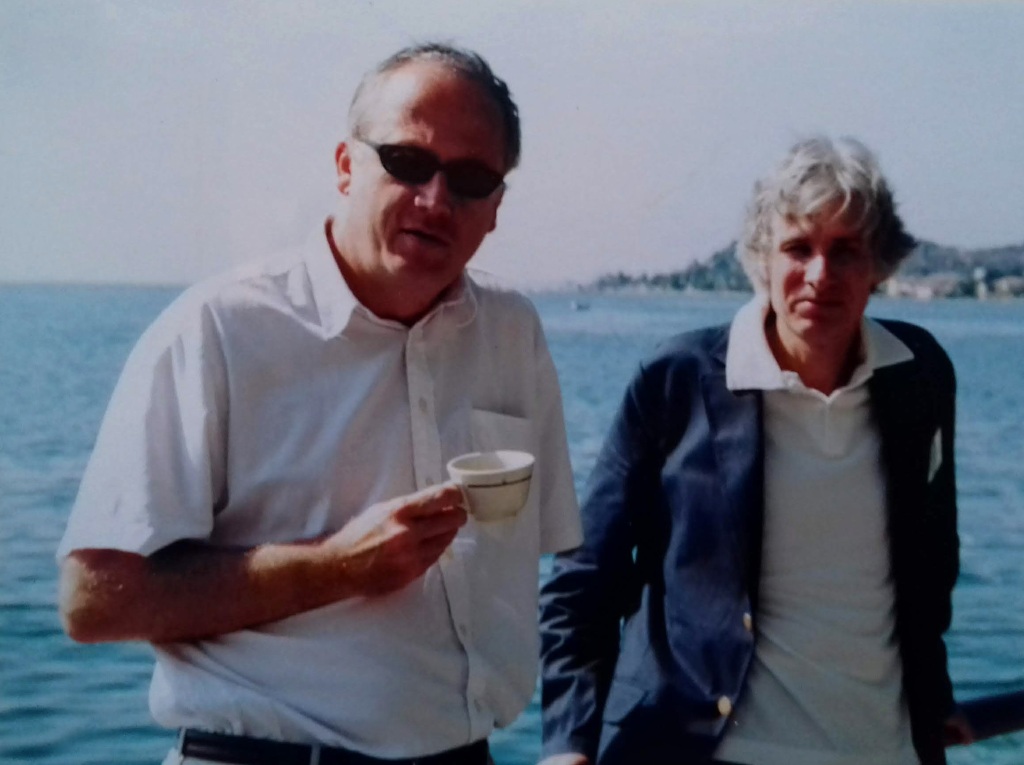
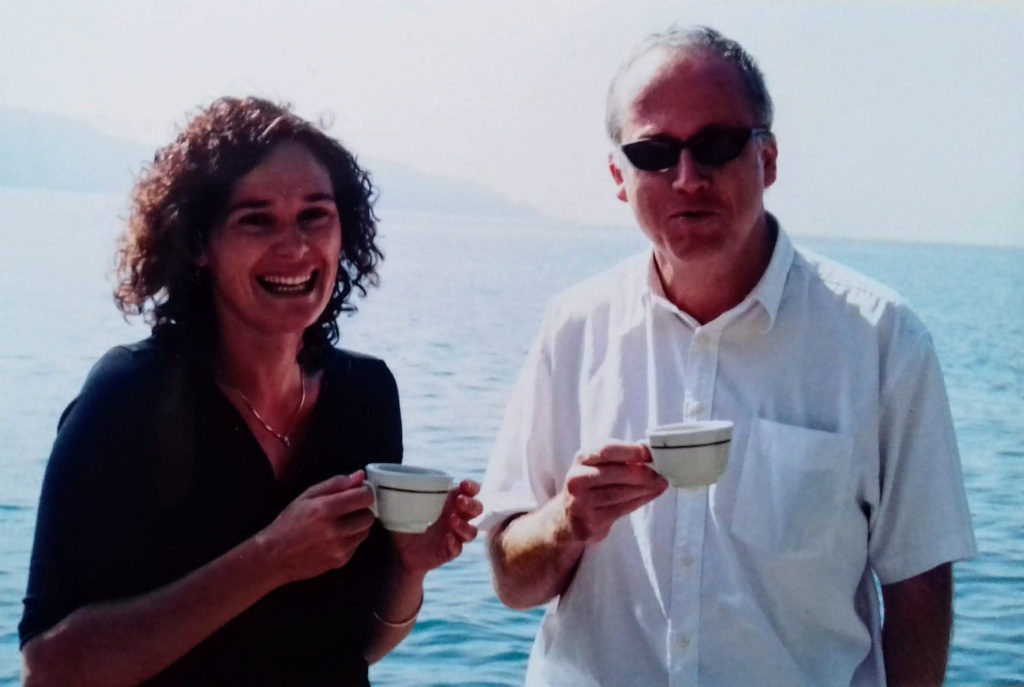
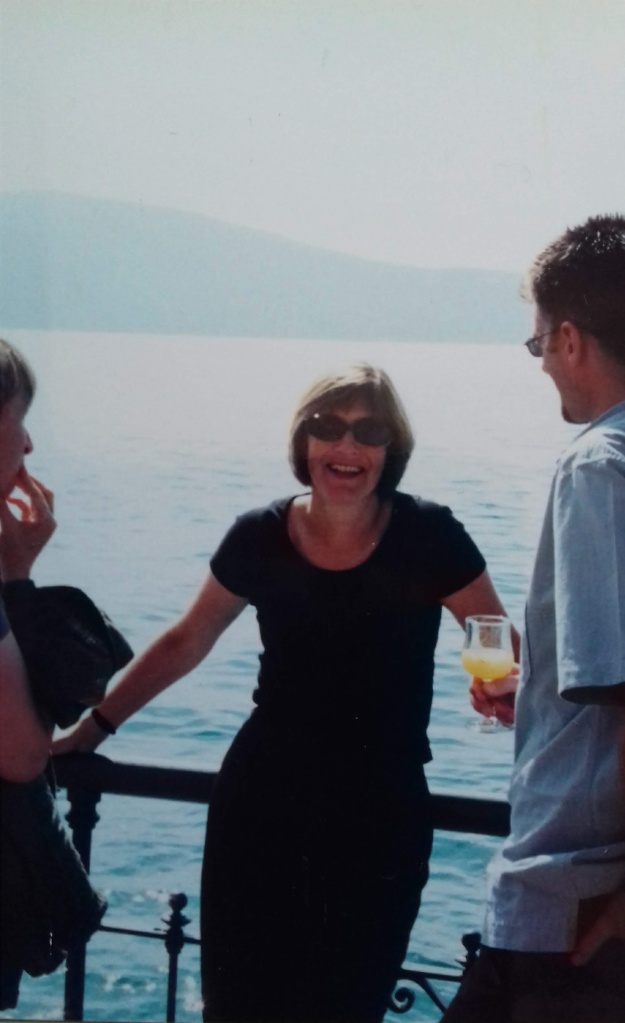
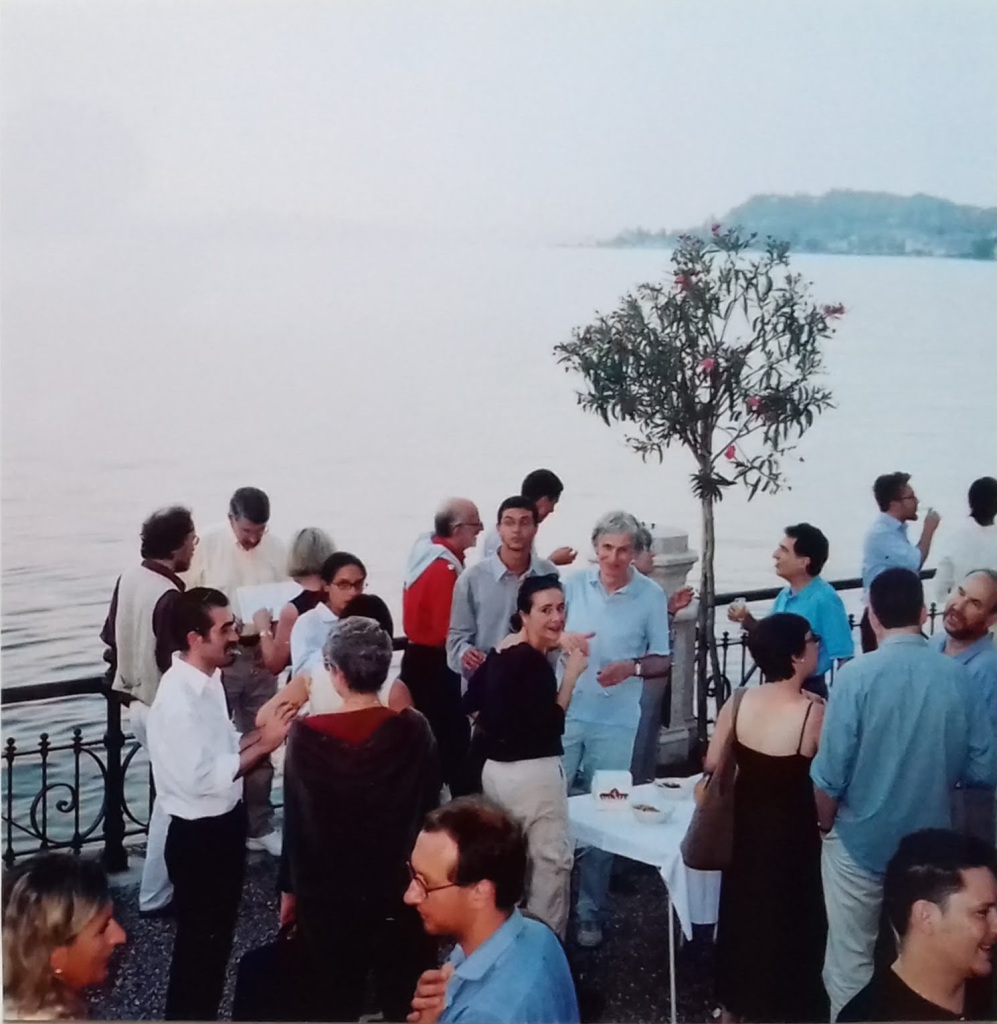

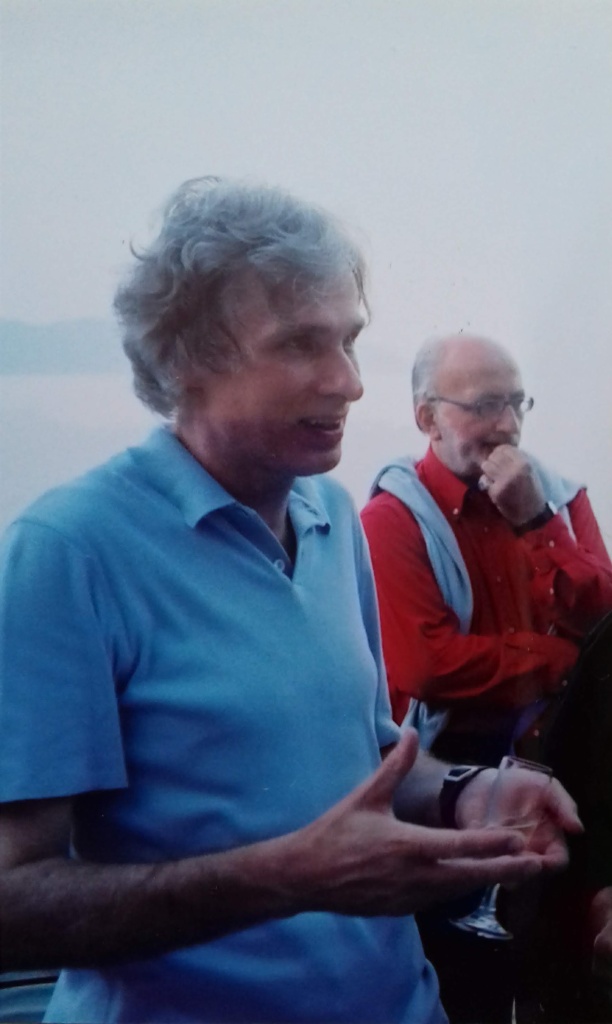
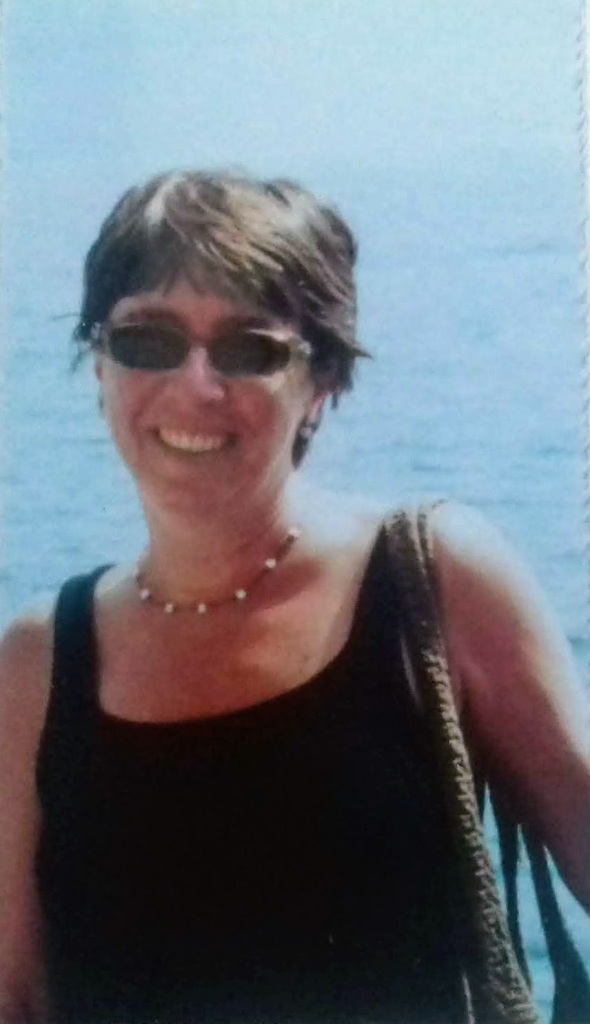




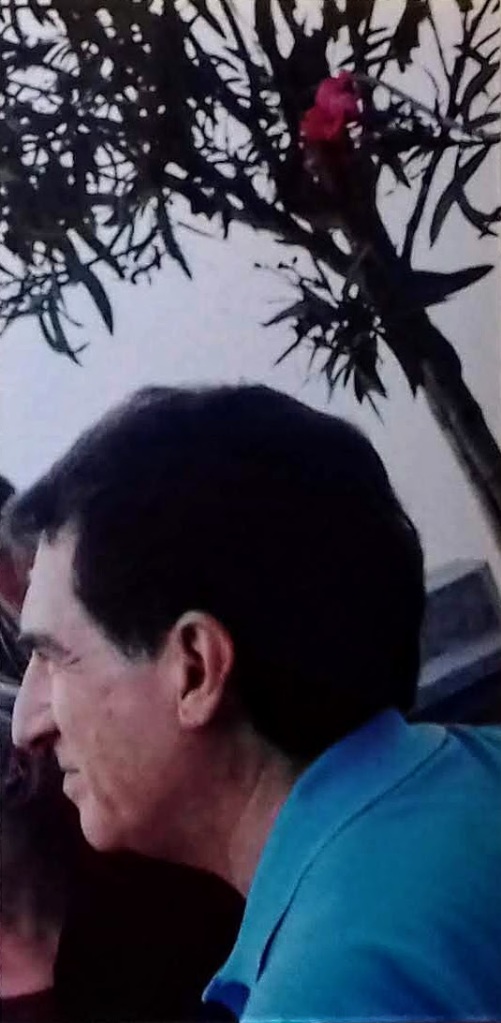


Dick Ringler wrote afterwards: ‘That was quite splendid, long-to-be-savored-and-remembered. A total success. And acquiring—in retrospect—something of the quality of a dream.’
New Edinburgh Essays I published

Robert Louis Stevenson, Virginibus Puerisque and Other Papers ed. by Robert-Louis Abrahamson, The New Edinburgh Edition of the Works of Robert Louis Stevenson (Edinburgh: Edinburgh University Press, 2018).
Published October 2018. £80 (and for around £77 from Amazon).
Review by Alan Sandison in The Bottle Imp 25 (2019).













